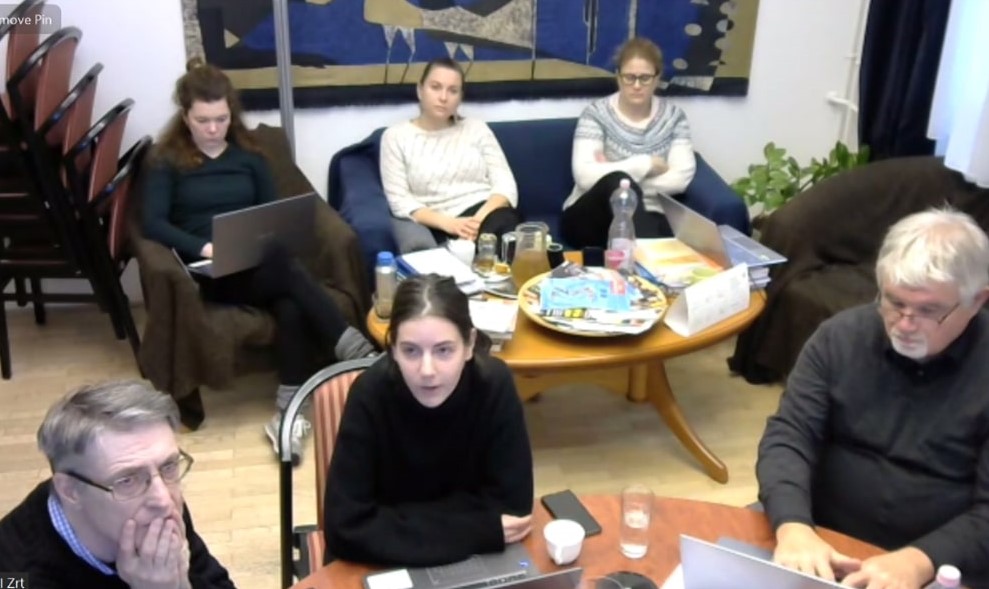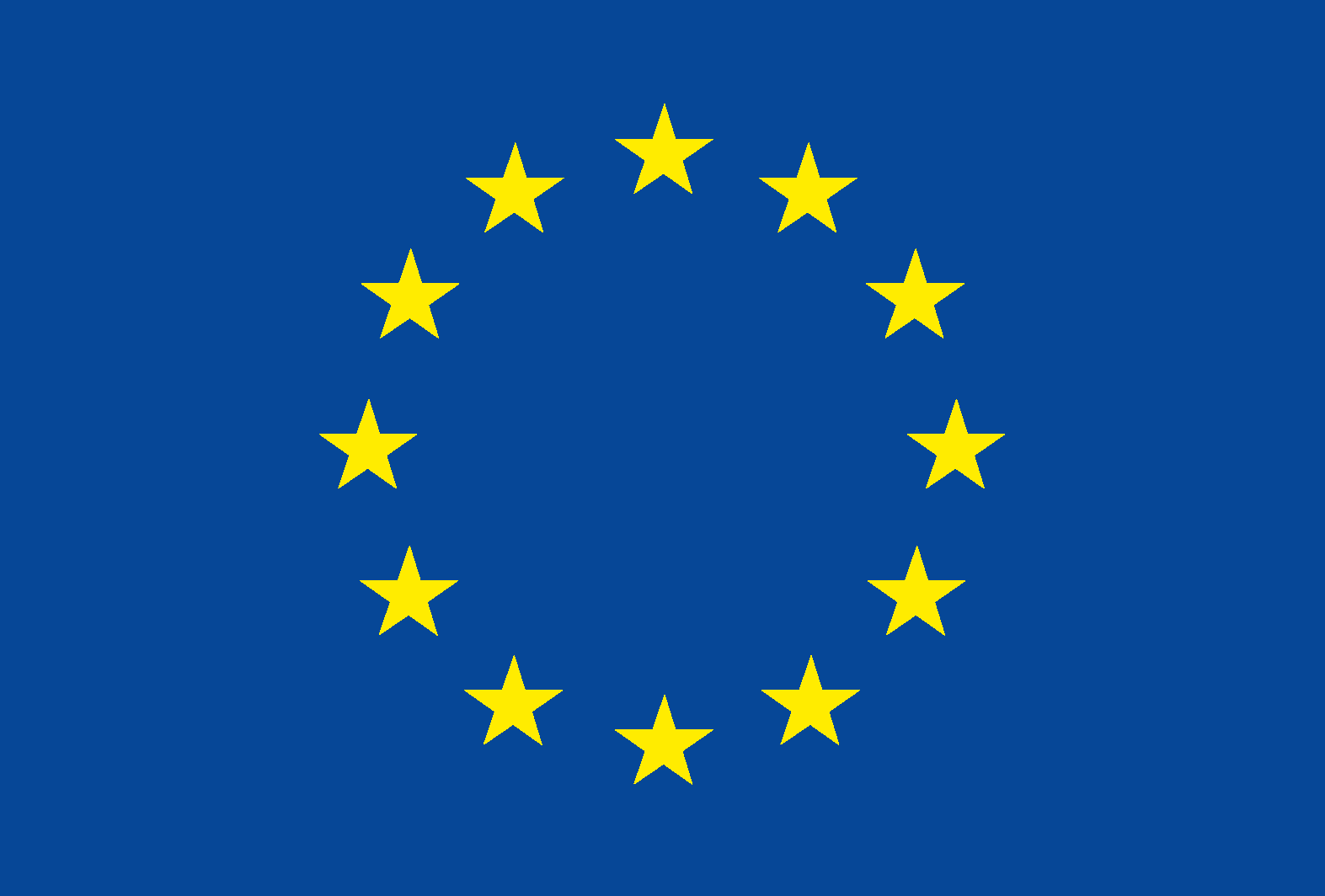TÁRKI Social Research Institute organized a focus forum event in Budapest on 18 January 2023 in order to present the main findings of EUROSHIP, with a special focus on the research output which TÁRKI produced within the framework of the project. The event took place online and in Hungarian. The roughly two dozen participants included representatives of various national stakeholders (such as the National Association of Large Families in Hungary and the Autonomia Foundation), of public administration, researchers and members of the TÁRKI team. During the two-hour event, presentations were held on several topics. These were followed by a discussion round where participants had the opportunity to ask questions, share their experience and provide further insight.
Poverty in light of European social citizenship
István György Tóth presented conclusions based on EUROSHIP Working Paper No. 2, Diversity and change in social citizenship: mapping poverty in Europe, which calculates indicators of poverty and social exclusion for European countries, benchmarked at both national and European levels. He described that we can see huge differences in standards of living across member states (mainly between East/South and West/North), which are reflected in the comparisons of national poverty thresholds to a pan-European poverty line. However, a convergence in median incomes of the Eastern countries to the rest of the EU can be observed between 2005 and 2017 (interrupted, but overall not reversed by the Great Recession).
Minimum income benefits in Europe
Findings from EUROSHIP Working Paper No. 11, Developments in minimum income benefits levels in Europe, were presented by András Gábos. He explained that when looking at data from the CSB Minimum Income Protection Indicators database and TaxBEN, the OECD tax-benefit simulation model, we find that the guaranteed minimum income of out-of-work households does not reach the 60% national poverty threshold in almost any European country. Countries with a guaranteed minimum income below the 40% poverty threshold are mostly Central, Eastern and Southern European ones. An effect of the Great Recession on the level of guaranteed minimum income benefits is not really detectable. Rather, changes around 2009-2013 seem to constitute a part of an overall trend of decline in benefit levels which already started before the crisis, and which might be related to the policies implemented in the social investment era. At the same time, the work incentive of the schemes improved in the post-crisis period, especially in the Central and Eastern European countries.
Digital transformation and social citizenship in Hungary
The draft version of a paper on digitalisation in Hungary titled Not Quite Victors: Uneven Development in Digital Transformation and Social Citizenship in Hungary, authored by Melinda Kelemen and Tibor Meszmann, was presented by the latter. The paper will constitute a chapter in an upcoming book on digitalisation with contributions from all country teams involved in EUROSHIP. It focuses on the critical evaluation of the implementation of digitalisation strategies, connectivity and policies for inclusion and the development of digital skills in Hungary since 2014. According to the findings, overall, the Hungarian digital transformation progressed significantly, and yet, especially in terms of transformation affecting social citizenship, improvement is very patchy and uneven. Moreover, similarly to other Central-Eastern European states, it seems that in Hungary the government was the key intermediate actor in critically shaping the pace and logic of digital transformation and social citizenship.
Experiences from life-course interviews
Zsófia Tomka summed up the main experiences gained from the process of conducting qualitative life-course interviews with people at risk of poverty and talked about some preliminary results regarding their analysis as well. She explained that the aim of the interviews conducted in every country participating in the EUROSHIP project was to explore how key conditions (facilitators and barriers) for women and men with low income and low education in exercising social citizenship have developed during the life course of the interviewees. Findings from the interviews were summarized in short country reports on three topics: work-life balance, long-term care and young adults. These reports were then synthesized to reveal what coping strategies people employ when it comes to poverty.

Following the presentations, interesting discussion ensued as participants asked questions and shared their own views regarding the relationship between absolute and relative measures of poverty, geographical inequalities and the effects of the COVID-19 pandemic when it comes to digitalisation, as well as the methodology behind the life-course interviews: the validation process of the interview guidelines and the cross-country comparability of results.

